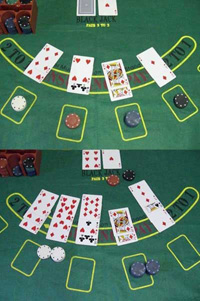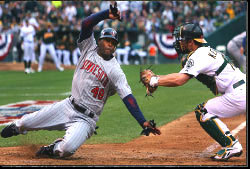Games
Games have been defined as a sport, amusement, computer simulation, engagement, or any specific contest under a set of rules that involves mental or physical competition such as chess, football, baseball, or war games.
Another definition of games is a pastime activity such as party games and word games that provide amusement, entertainment, and allow one to get away everyday activities or a diversion just to past the time.

Games can be used as an educational tool in structured activities to produce an end result.
Usually work is set apart from games in that it is done for remuneration although in the case of professional players involved in spectator sports or games the distinction is not clear.
Art is also distinct from games in that the expression of ideas is the central concern and focus point.
Physical and mental stimulation is generally involved in games in which interaction, rules, challenge, and goals are the key components.
The contribution of games can be seen in helping to develop practical skills, serving as a form of exercise, and performing psychological, educational, or simulation roles.
Activities such as solitaire and jigsaw puzzles are considered to be in the puzzle category because of the player interaction that is required to play them and therefore are not considered games.
Universal to the human race and practiced in all cultures games have been recorded in history as early as 2600 B.C.
Some of the oldest games known are Senet, Mancala, and the Royal Game of Ur.

The definition of the word game was addressed by Ludwig Wittgenstein an academic philosopher who demonstrated in his Philosophical Investigations that game elements such as competition, rules, and play, could not define adequately what games are. He stated the game concept had to be looked at as a series of familiar definitions or that share a family resemblance, not just a single definition.
Roger Caillois, a French sociologist defined a game in his book Les jeux et les hommes (Games and Men) as an activity in which the following characteristics are required:
- separate: in time and place it is circumscribed
- fun: its light-hearted character is why the activity is chosen
- fictitious: different reality awareness is accompanied by it
- governed by rules: the rules of the activity are not based on everyday life
- non-productive: it is not productive thru participation
- uncertain: the activity is unforeseeable in its outcome
Strategy, skill, and chance, are produced by the overall context of a game that is defined by the tools and rules in use, also known as the major key elements.
Games Topics:
Main Topics: